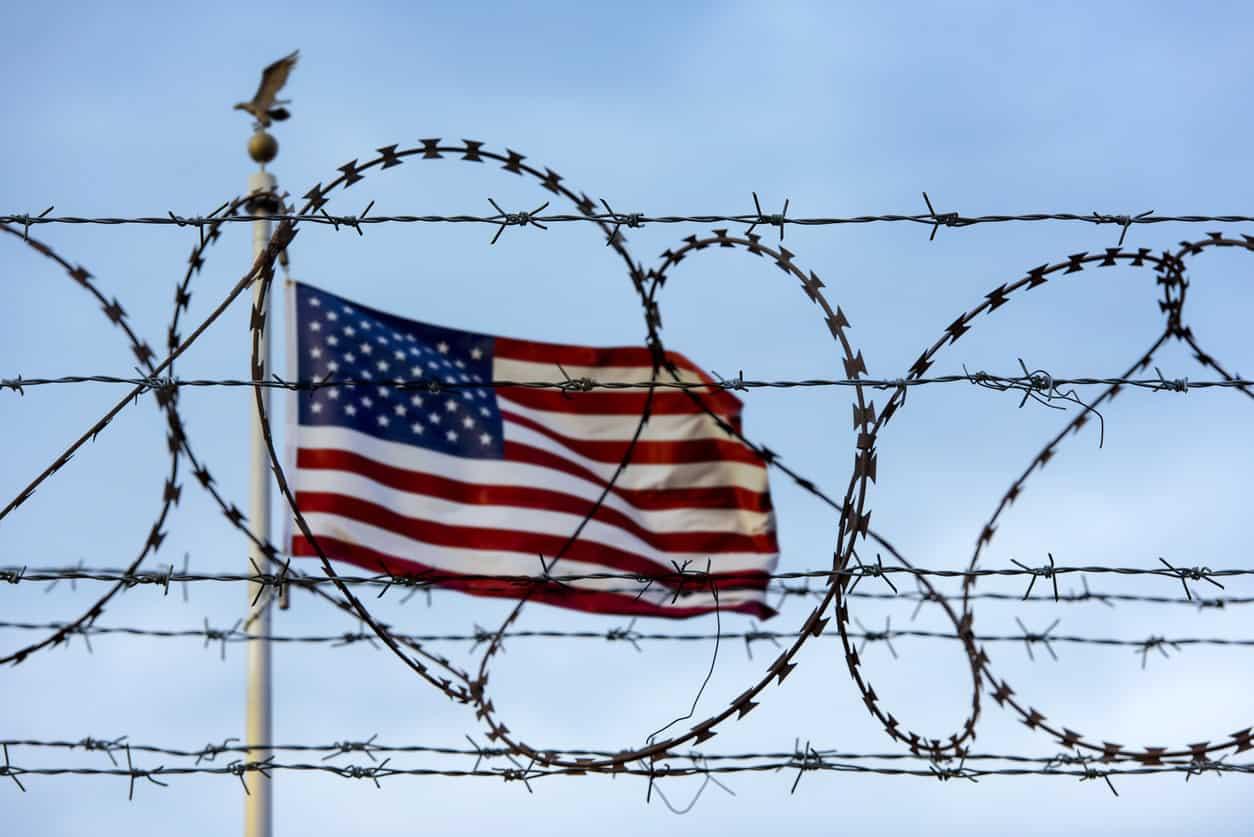US Governments Concerns Over National Security Amidst Rising Tensions with China
In light of escalating tensions between the United States and China, US officials are increasingly wary of foreign investments that could jeopardize national security. one meaningful concern is the potential ban on HKT, a telecommunications company owned by billionaire Richard Li. This scrutiny reflects a broader strategy by the US government to safeguard critical infrastructure and sensitive data from foreign influence. Experts argue that further action may be necessary given the rising fears surrounding espionage and the integrity of communication networks.
The implications of such measures are profound, as they could set a precedent for how US authorities regulate foreign ownership of domestic industries. Key considerations influencing this debate include:
- Control of Data: Ensuring that sensitive information remains protected from foreign surveillance.
- Technological Independence: Promoting homegrown innovations to reduce reliance on foreign tech companies.
- Geopolitical Strategy: Addressing the broader ramifications of ChinaS expanding global influence.
As discussions progress, the balance between securing national interests and fostering international trade relations remains a pivotal topic for lawmakers and industry leaders alike.

The Implications of a Potential Ban on HKT for US-China Relations
The potential ban on HKT, a telecommunications company led by tycoon Richard Li, presents a multifaceted challenge for US-China relations. As tensions between the two superpowers escalate, the move could be viewed as a contentious signal from the United States, potentially exacerbating existing frictions. A ban might not only affect cross-border business operations but could also lead to retaliatory measures from China, dampening bilateral ties that have already been strained by trade disputes, technological rivalry, and geopolitical disagreements. the implications extend beyond economics, impacting diplomatic engagements and people’s perceptions on both sides, further entrenching public sentiment towards a more adversarial stance.
Additionally, the fallout of such a ban could have far-reaching consequences within the global tech landscape. Key aspects to consider include:
- investment Uncertainty: A decision against HKT could lead to a chilling effect on future investments in tech and telecommunications, as companies may reassess the risks of engaging with firms perceived as politically sensitive.
- Innovation Stagnation: The severing of ties with significant players like HKT may hinder collaboration on technological advancements,impacting not only US and Chinese markets but also the global innovation landscape.
- Global alliances: countries may be forced to reconsider their alliances and partnerships, as a potential ban could influence their alignment in broader geopolitical strategies.

Richard Li’s HKT and the Broader Context of Chinese Investment in America
Richard Li’s HKT has emerged as a significant player in the telecommunications sector, particularly as geopolitical tensions between the United States and China escalate. as one of Asia’s prominent tycoons, Li’s ventures offer insights into the complexities of Chinese investments in America.Analysts are increasingly scrutinizing such foreign investments, particularly when they involve critical infrastructure like telecommunications, due to national security concerns. HKT, backed by Li’s conglomerate, has been proactive in expanding its footprint in the U.S., but with rising scrutiny, its strategic operations could be challenged. The potential ban on HKT has far-reaching implications not only for Richard Li’s business interests but also for the larger narrative surrounding Chinese engagement in the American market.
This situation highlights a broader trend were U.S. policymakers are reassessing the balance between economic collaboration and national security. some of the key factors influencing this reevaluation include:
- Risk of Espionage: Concerns about potential surveillance and data risks associated with foreign-owned entities in critical sectors.
- Technological Parity: The desire to protect homegrown industries and maintain a technological edge over global competitors.
- Geopolitical Compression: The influence of U.S.-China relations on investment flows and foreign ownership regulations.
As these dynamics unfold, the future of HKT in the U.S. remains uncertain, with potential repercussions for both the firm and broader Chinese investment strategies in America.

Strategic Recommendations for Policymakers Navigating the Tech Divide
The intensifying tensions between the U.S. and China underscore the importance of a strategic approach for policymakers to address the growing tech divide. As the government considers potential actions against Richard Li’s HKT, it is indeed crucial to balance national security interests with fostering innovation and competition. Policymakers should prioritize the establishment of clear guidelines and obvious criteria that can effectively evaluate the implications of foreign technology investments. This will not only enhance public trust but also provide a framework for consistent decision-making that can adapt to the swiftly evolving technology landscape.
Moreover, collaboration between government entities, private sectors, and academia is essential in developing robust tools and resources aimed at bridging the technological gap.Recommendations for action include:
- Investing in local tech infrastructure to bolster domestic capabilities.
- Facilitating partnerships that encourage knowledge exchange and dual innovation initiatives.
- Promoting educational programs focused on emerging technologies to cultivate a skilled workforce.
By focusing on these strategies, policymakers can not only mitigate risks associated with reliance on foreign players but also position the United States as a leader in the next wave of technological advancements.
